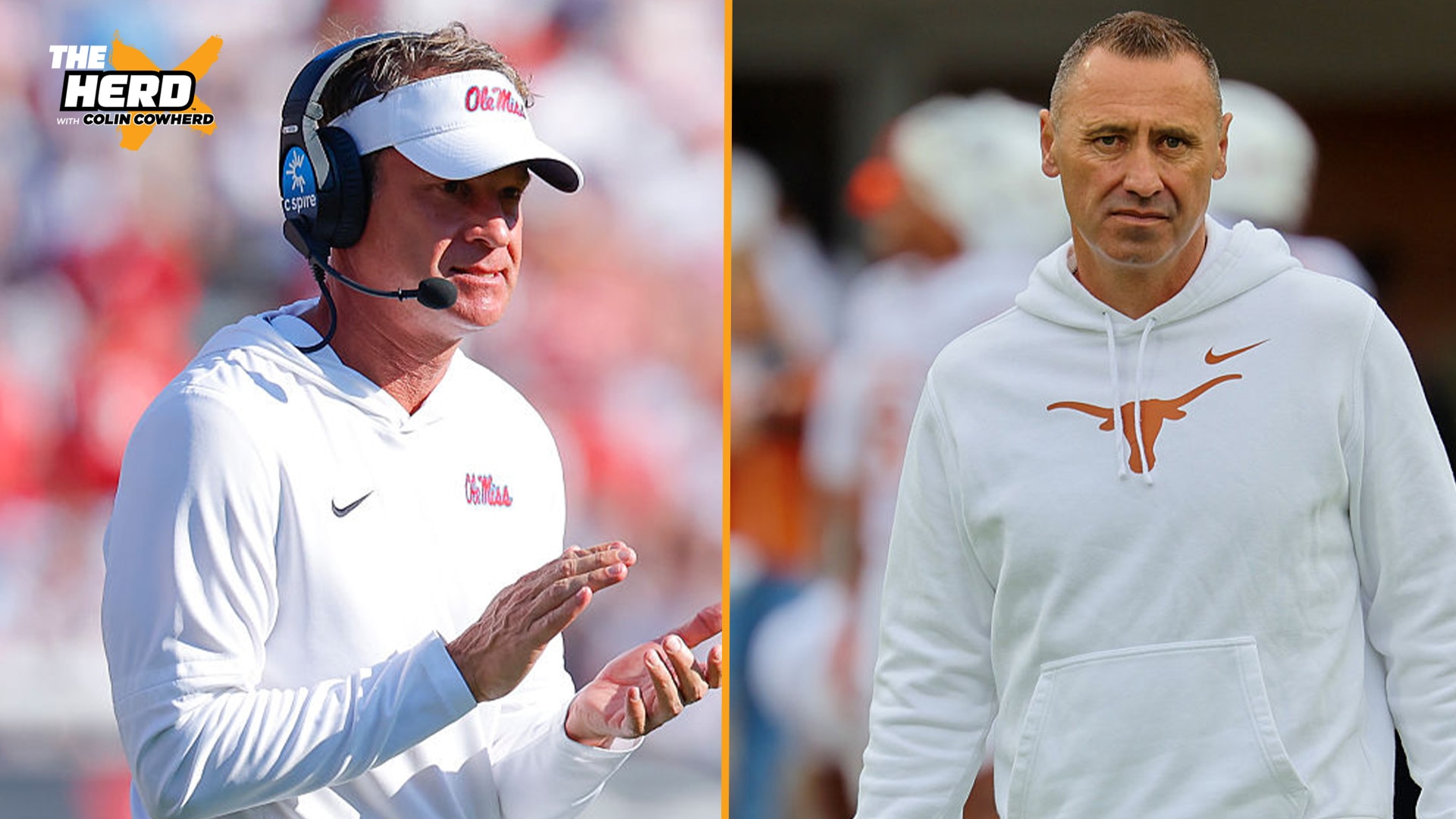Leading UK gambling charity GambleAware has published a paper analyzing the current state of Britain’s online gambling regulations and whether they are fit for the modern age. The organization determined that the framework is outdated in certain places and encouraged reforms in order to shield children from exposure to online gambling.
Online Gambling Content Is Harming the British Youth
GambleAware examined the evidence and learned that children and young people (CYP) continue to be exposed to gambling content, despite many lacking the critical skills to evaluate the risks.
The charity proposed taking inspiration from other regulated markets’ frameworks to prevent CYP from being exposed to gambling. Among other things, the charity highlighted influencers and online marketing as key factors with a huge impact on the impressionable youth. Research shows that three in four children say that the ads make gambling seem fun and harmless.
The proliferation of online gambling has led to a spike in underage gambling, with some 85,000 minors experiencing gambling problems, according to recent estimations.
The Current Framework Is Not Fit for the Digital Age
According to GambleAware, one of the chief reasons for the rampant gambling problems and the increased exposure of CYP to gambling content is the fact that the responsibility for online gambling marketing is distributed across several bodies, resulting in no central oversight.
Additionally, some of the existing rules fail to address the unique challenges posed by the digital age. Because of that, GambleAware encouraged further reforms and the adoption of certain regulatory amendments.
We are calling on the UK Government to further restrict and better regulate gambling marketing and content online. In the short term, whilst wider regulations are put in place, it is crucial to ensure that both online marketing and content are within scope of incoming recommendations from the cross-departmental Safer Gambling Messaging Group.
GambleAwareRecommendations included a consolidation of the responsibility for digital gaming marketing, increasing the responsibilities of online marketers, ensuring that existing programs on online marketing are driving meaningful change, tightening self-regulatory measures, and establishing a special task force that would determine regulatory priorities.
More information about each of these proposals is available in GambleAware’s official paper.
In conclusion, GambleAware said that online gambling content is now more widespread than ever, necessitating changes that shield CYP from harm. According to the charity, “children want and deserve to grow up in a world where they are not routinely exposed to gambling through marketing.” It added that the public has already demonstrated strong support for tighter regulations for online gambling.

 3 hours ago
5
3 hours ago
5












